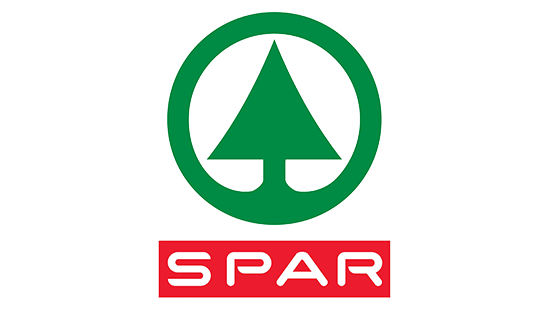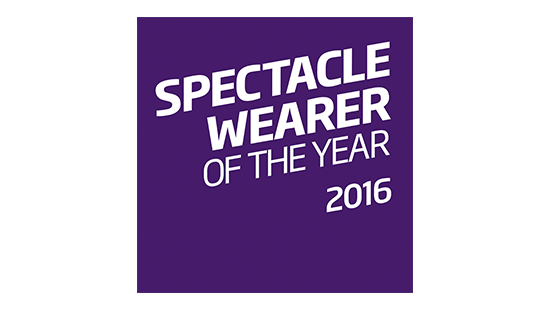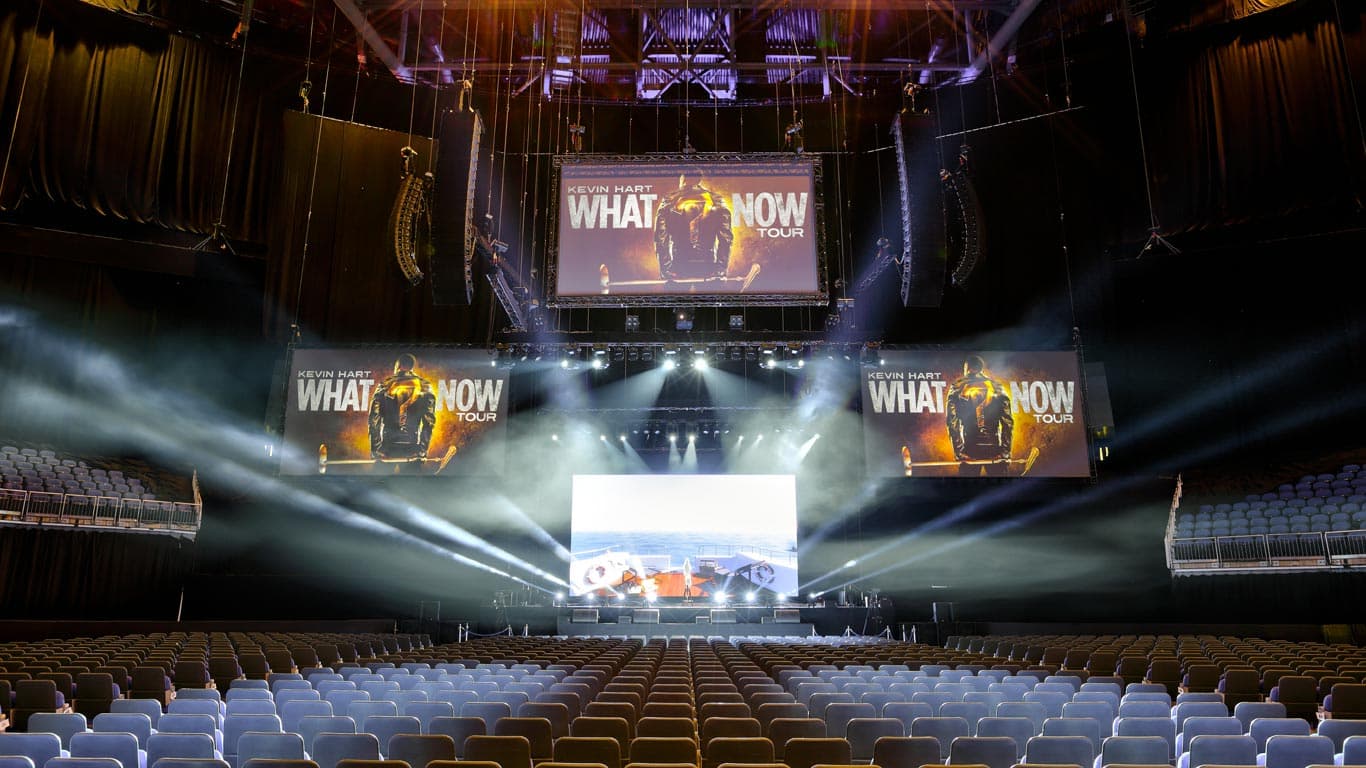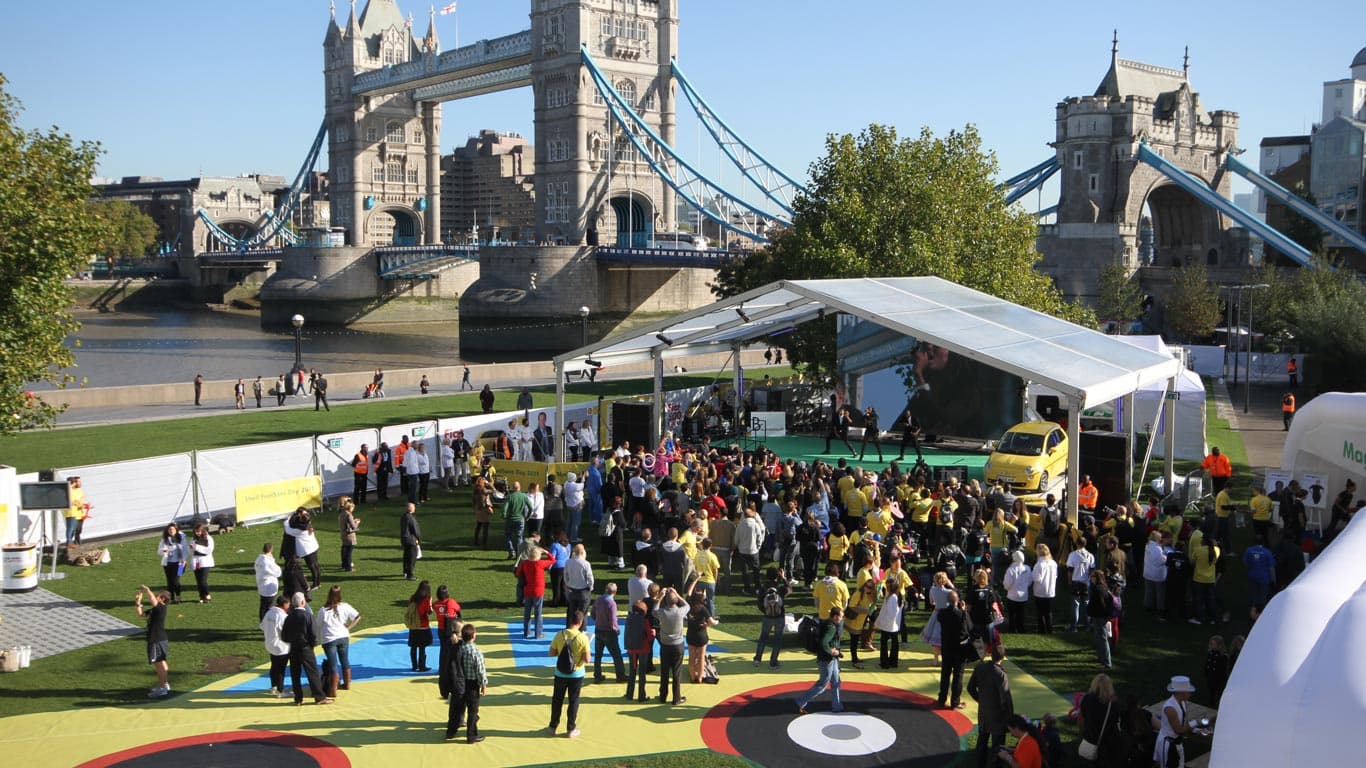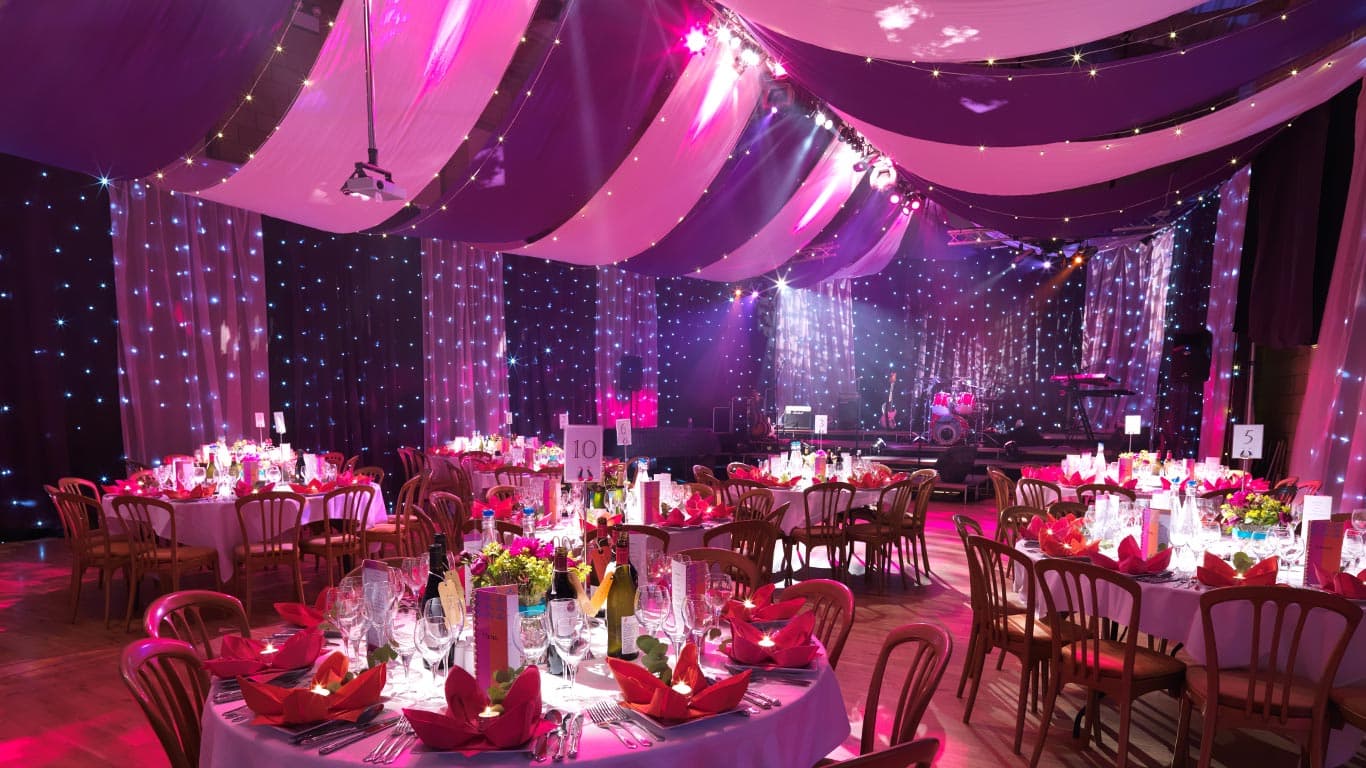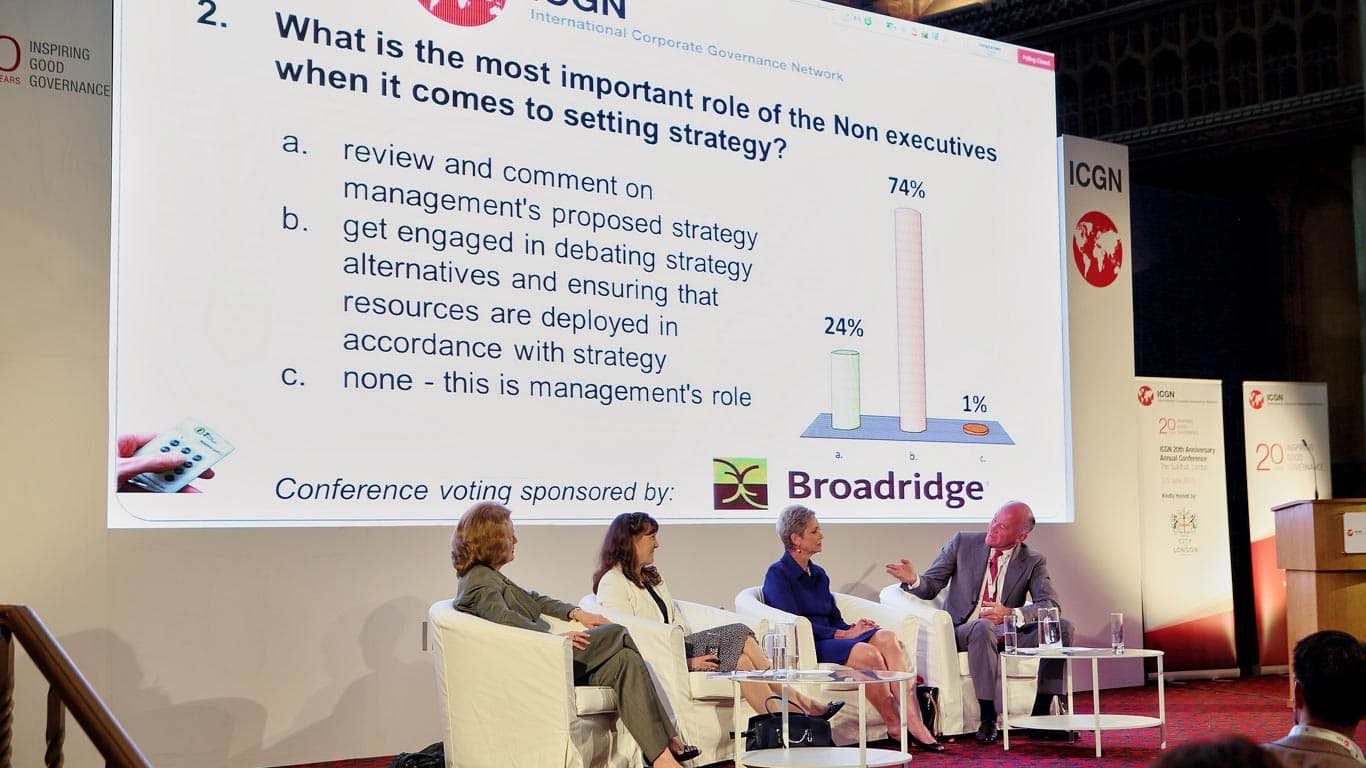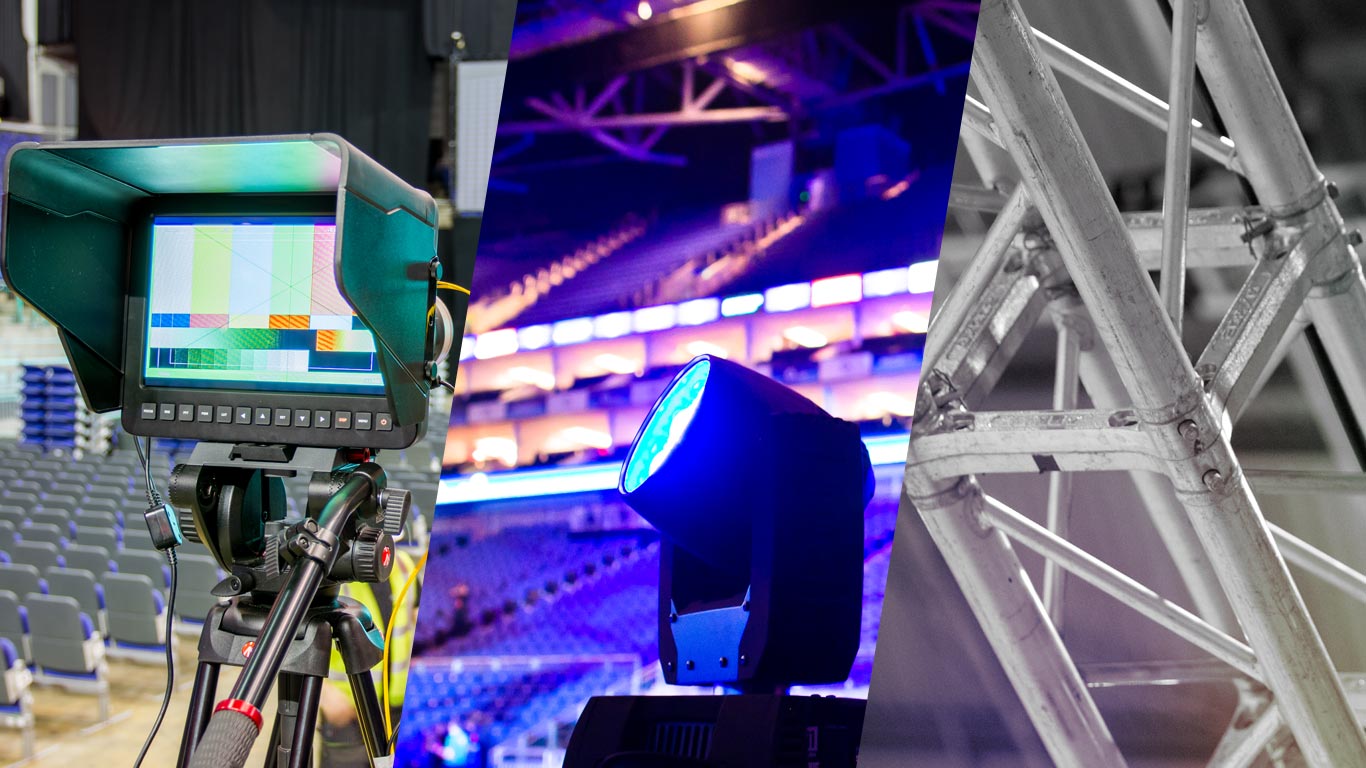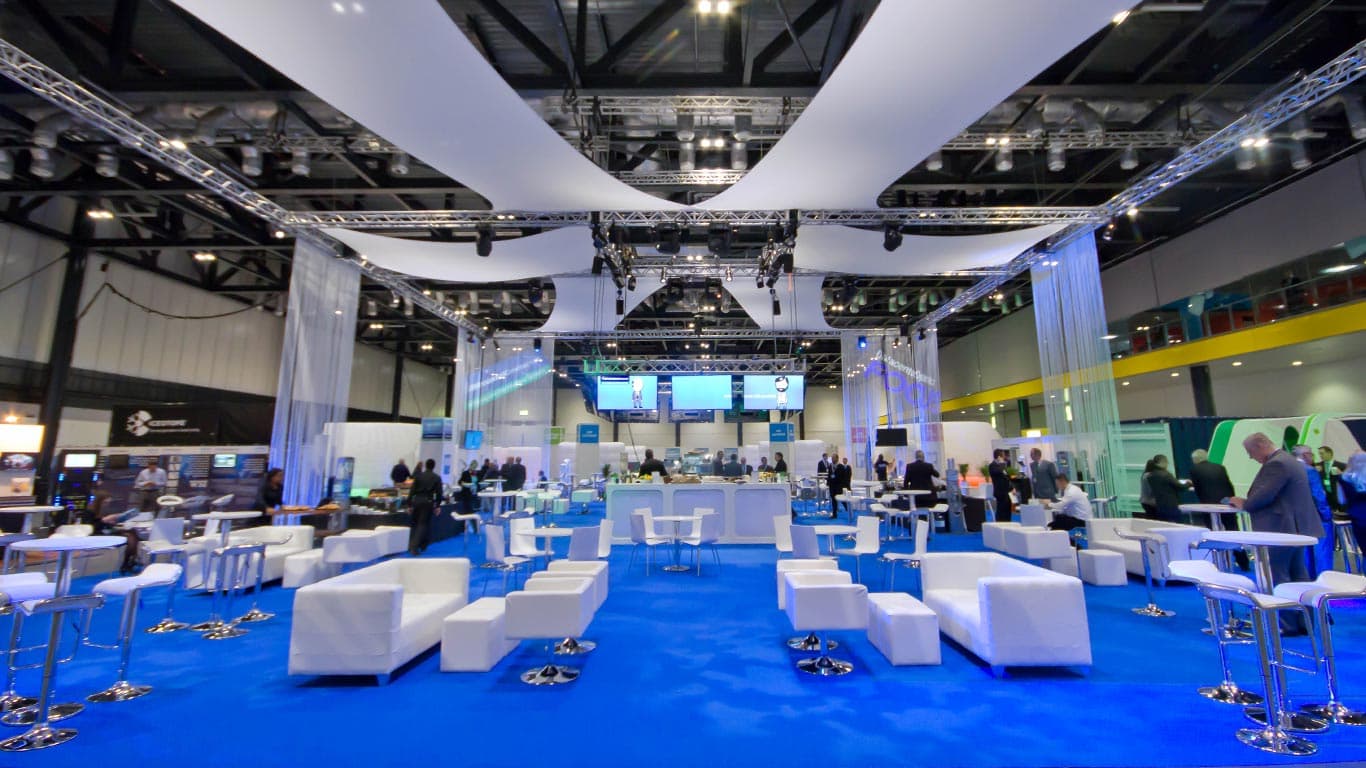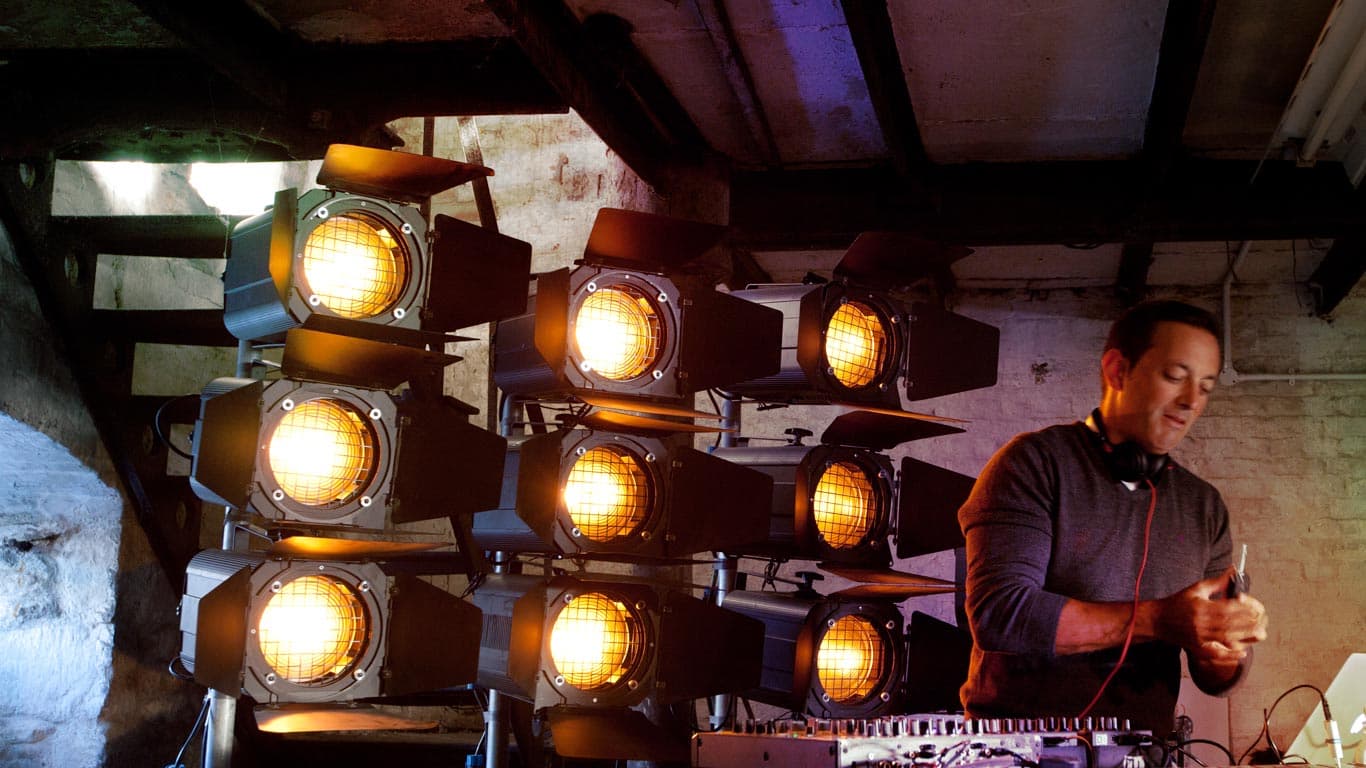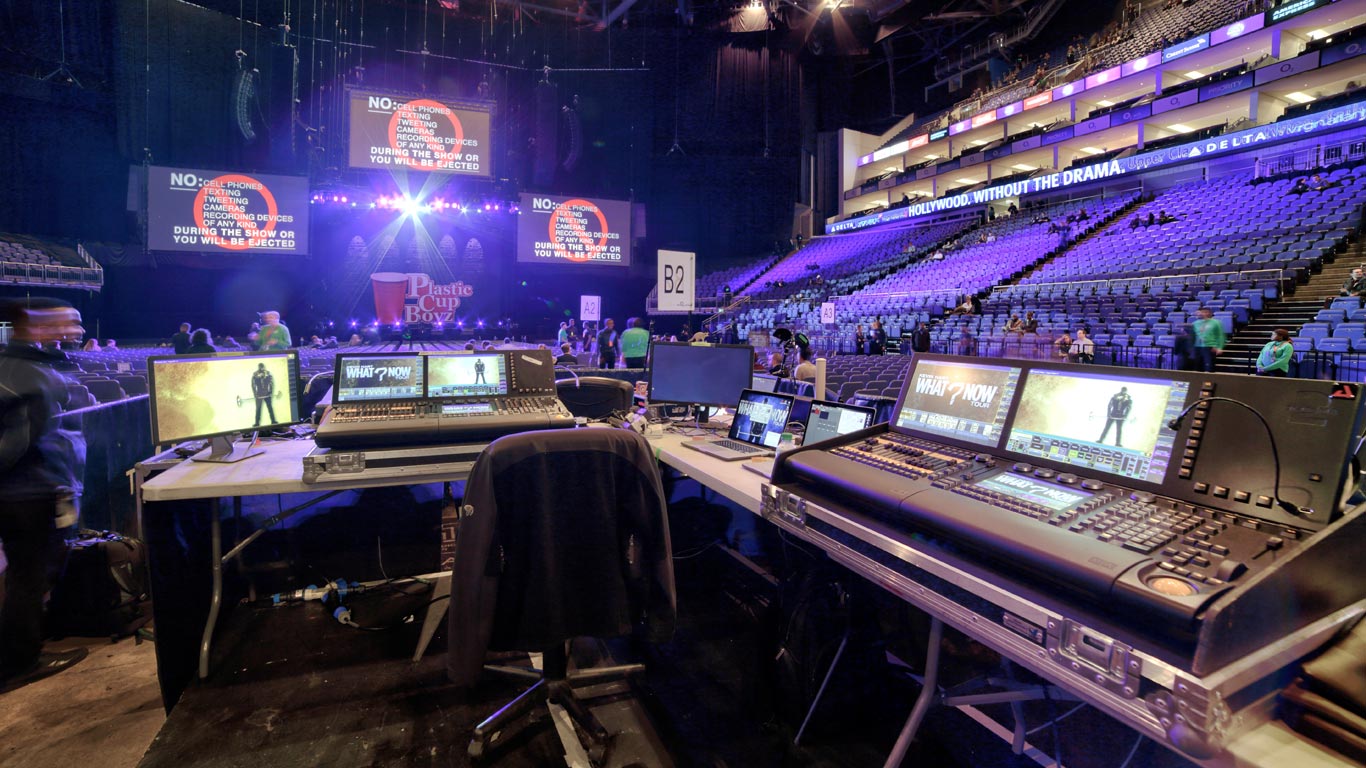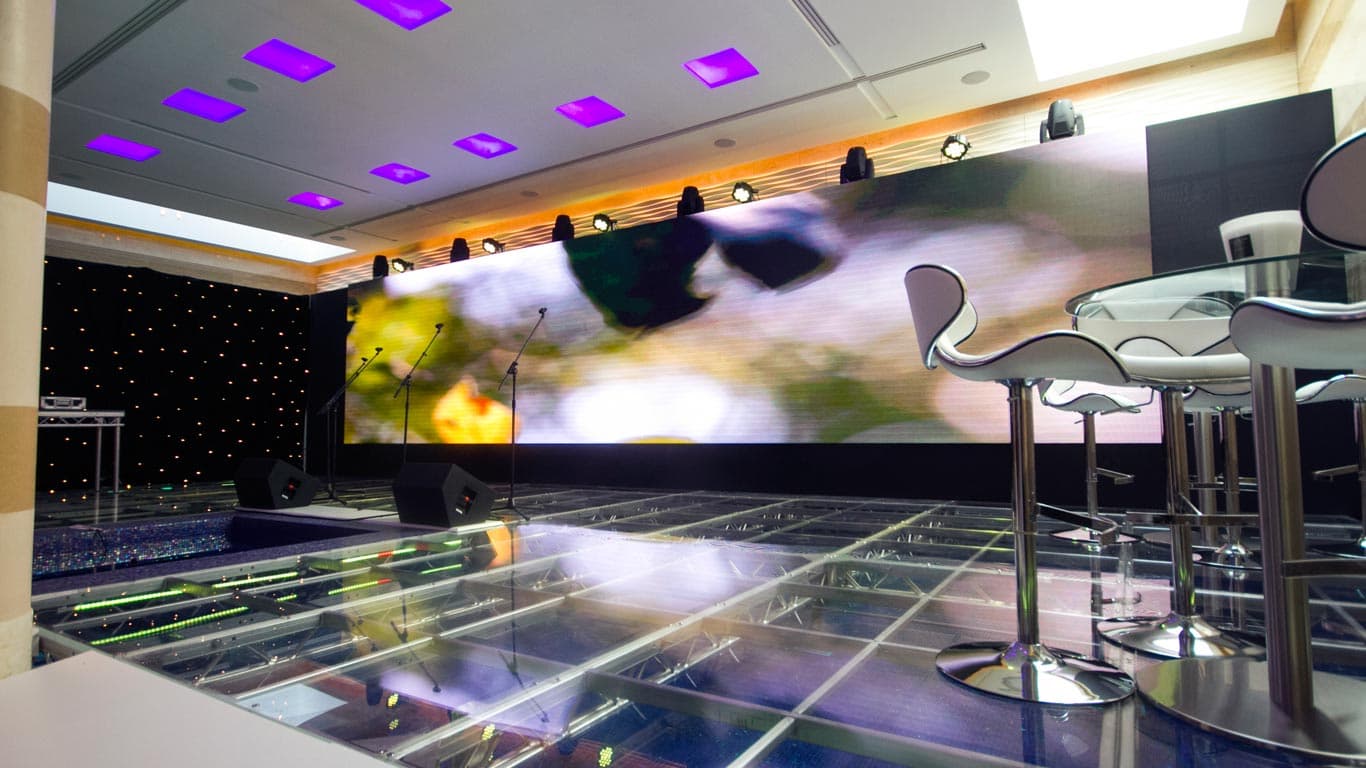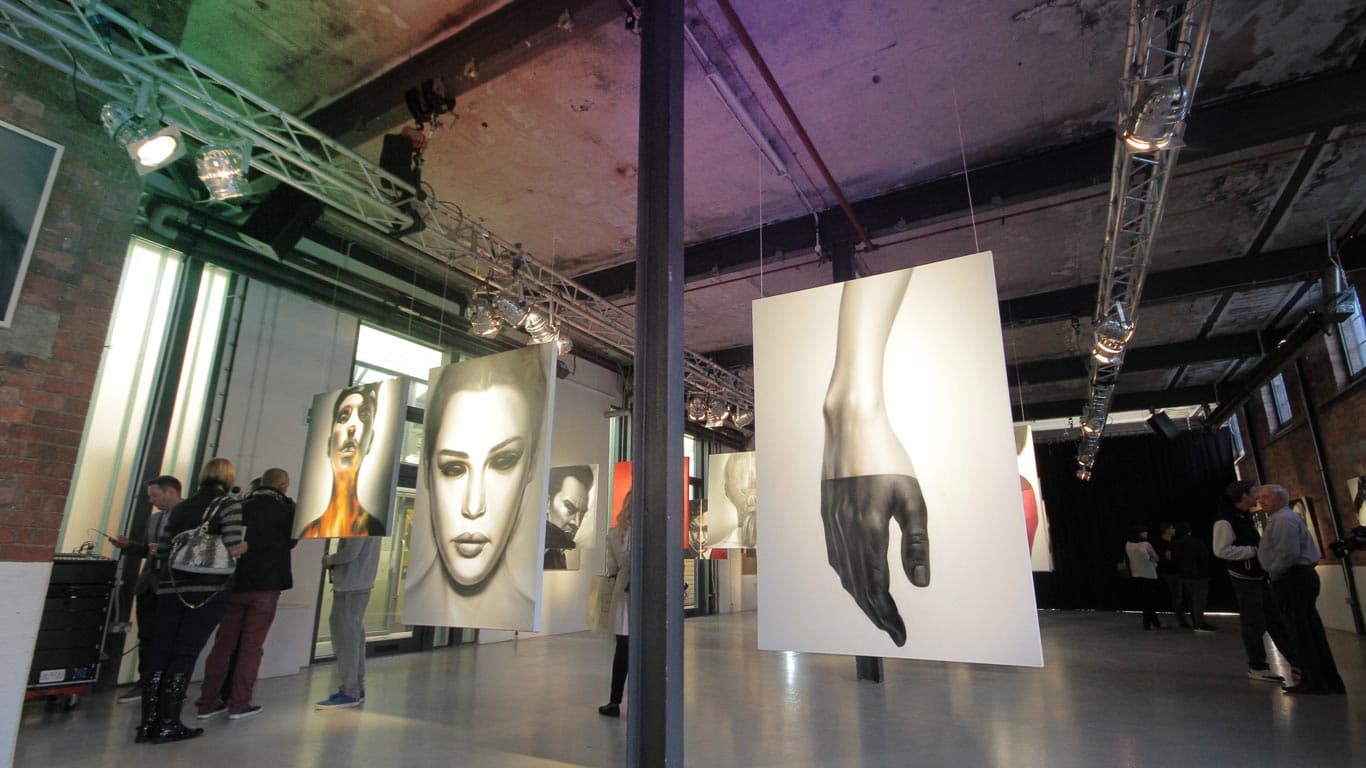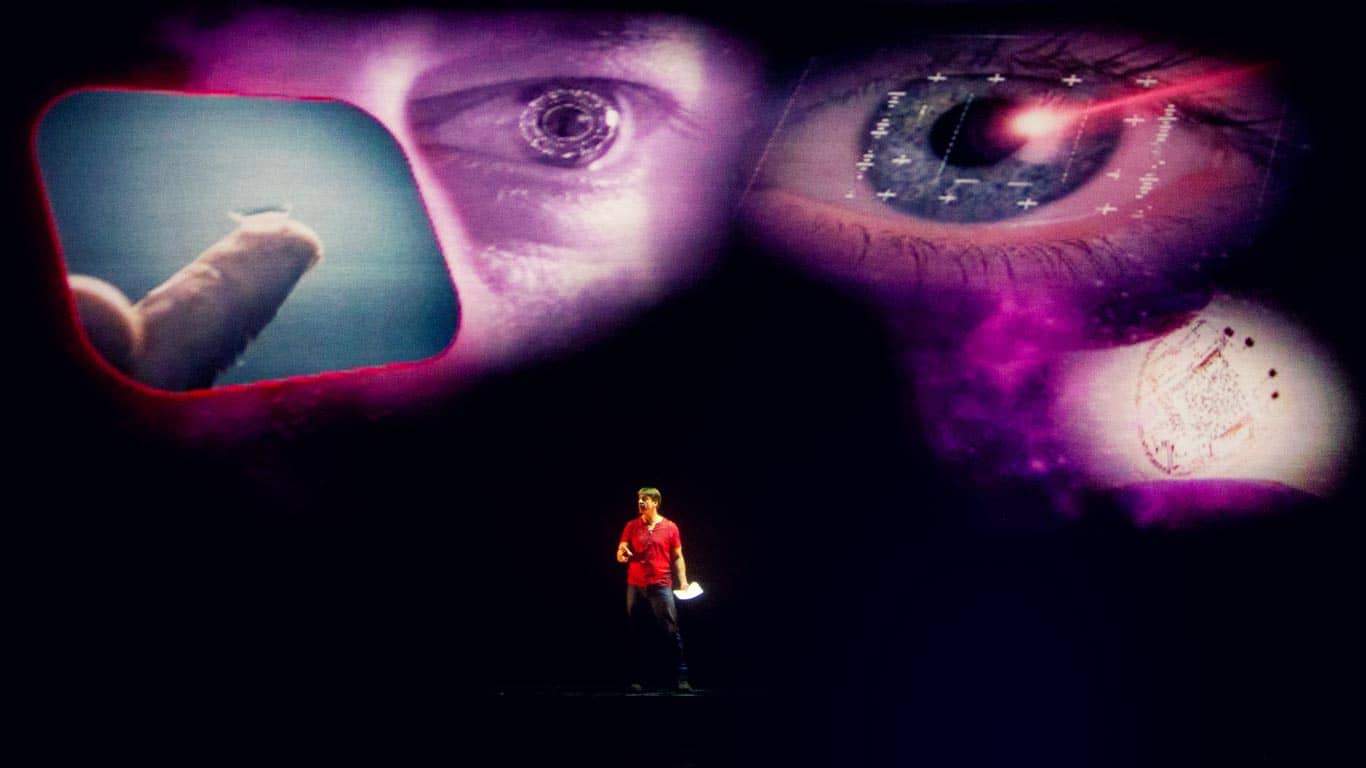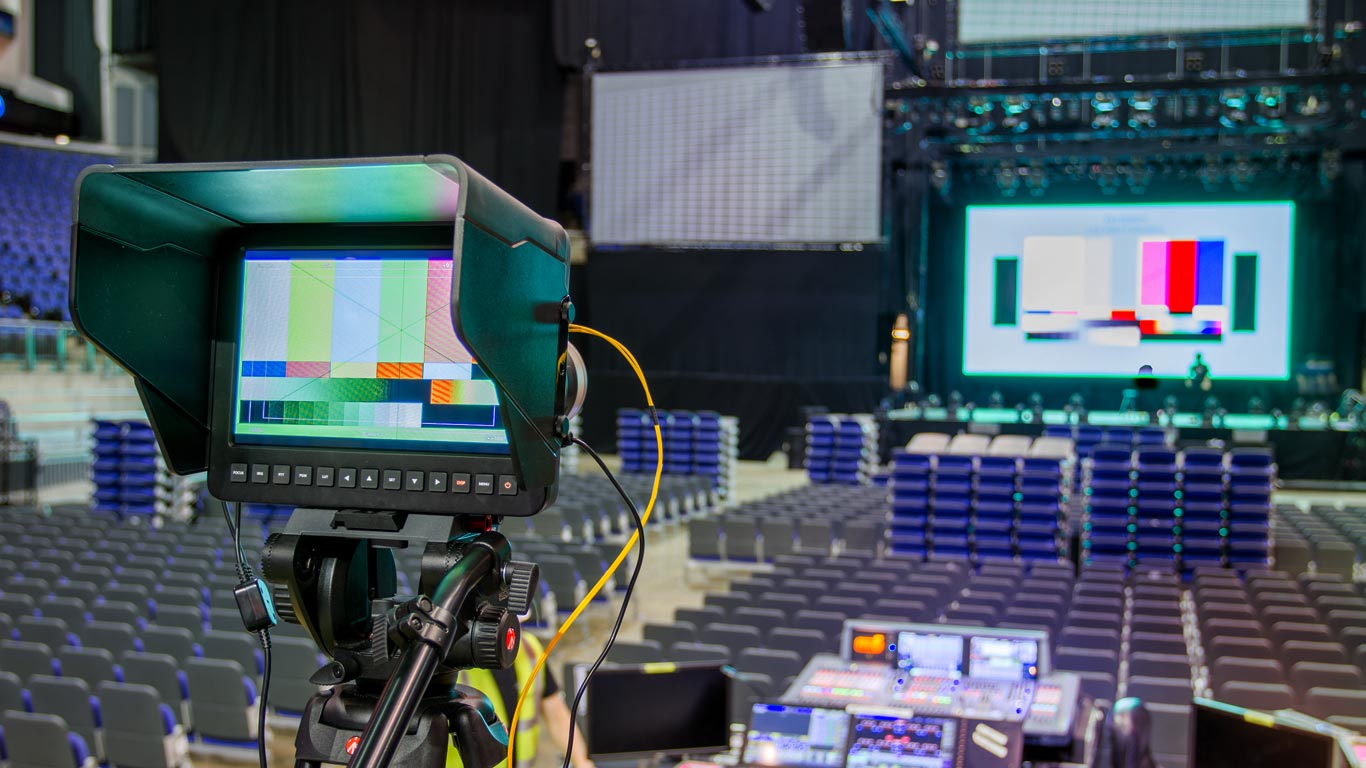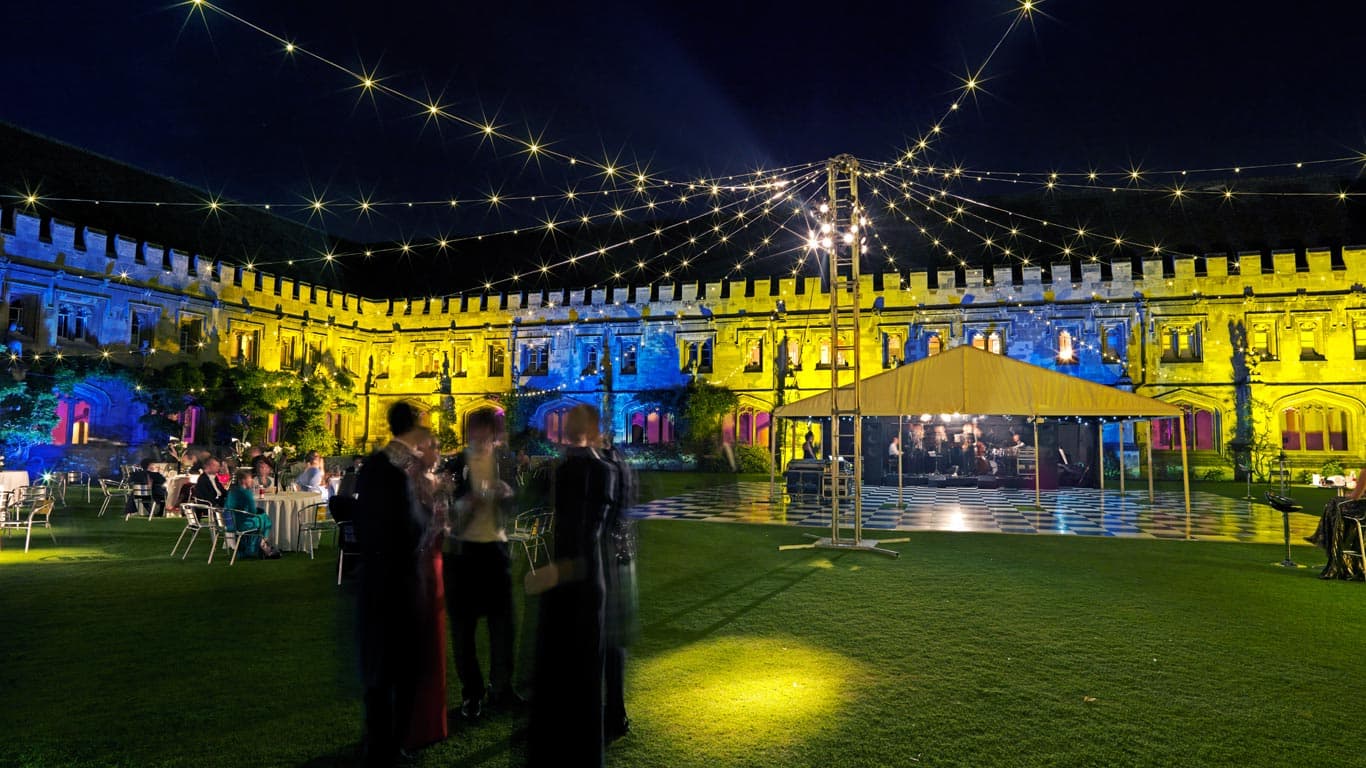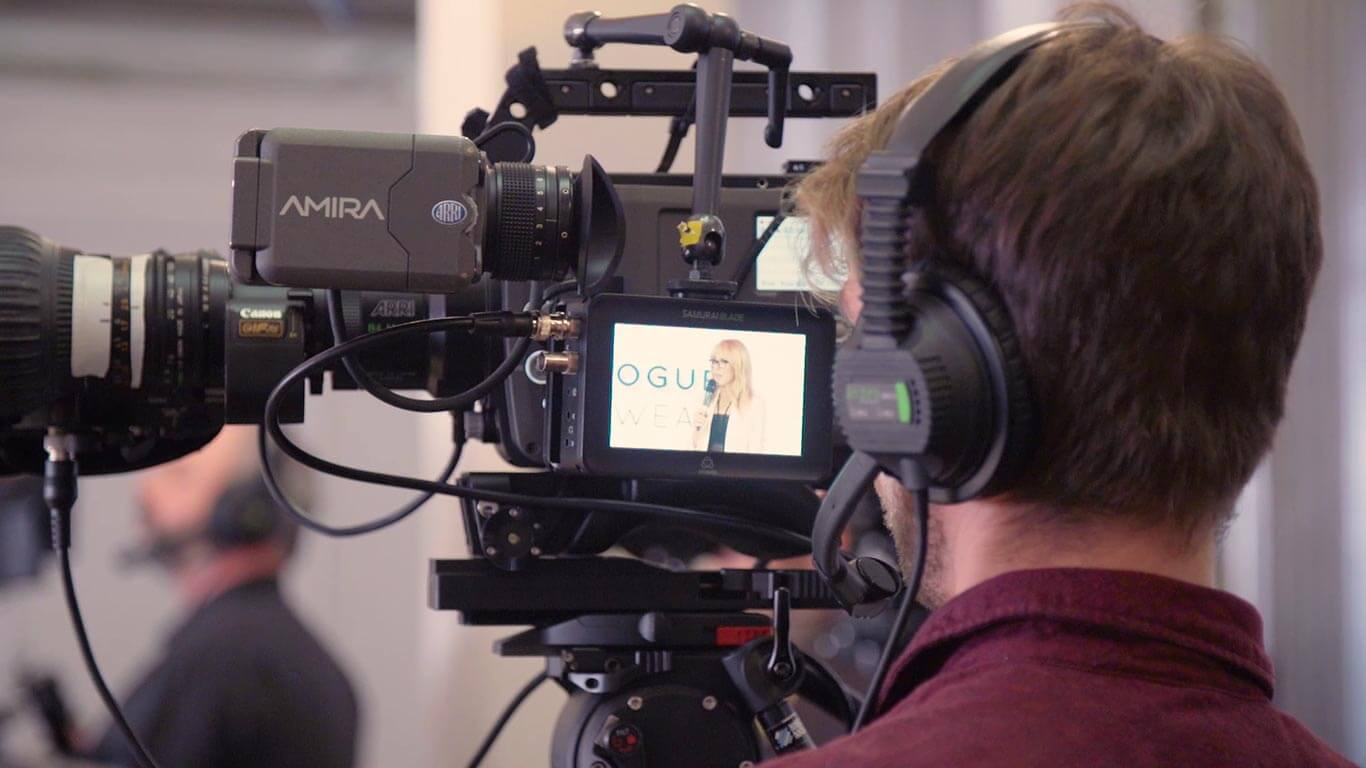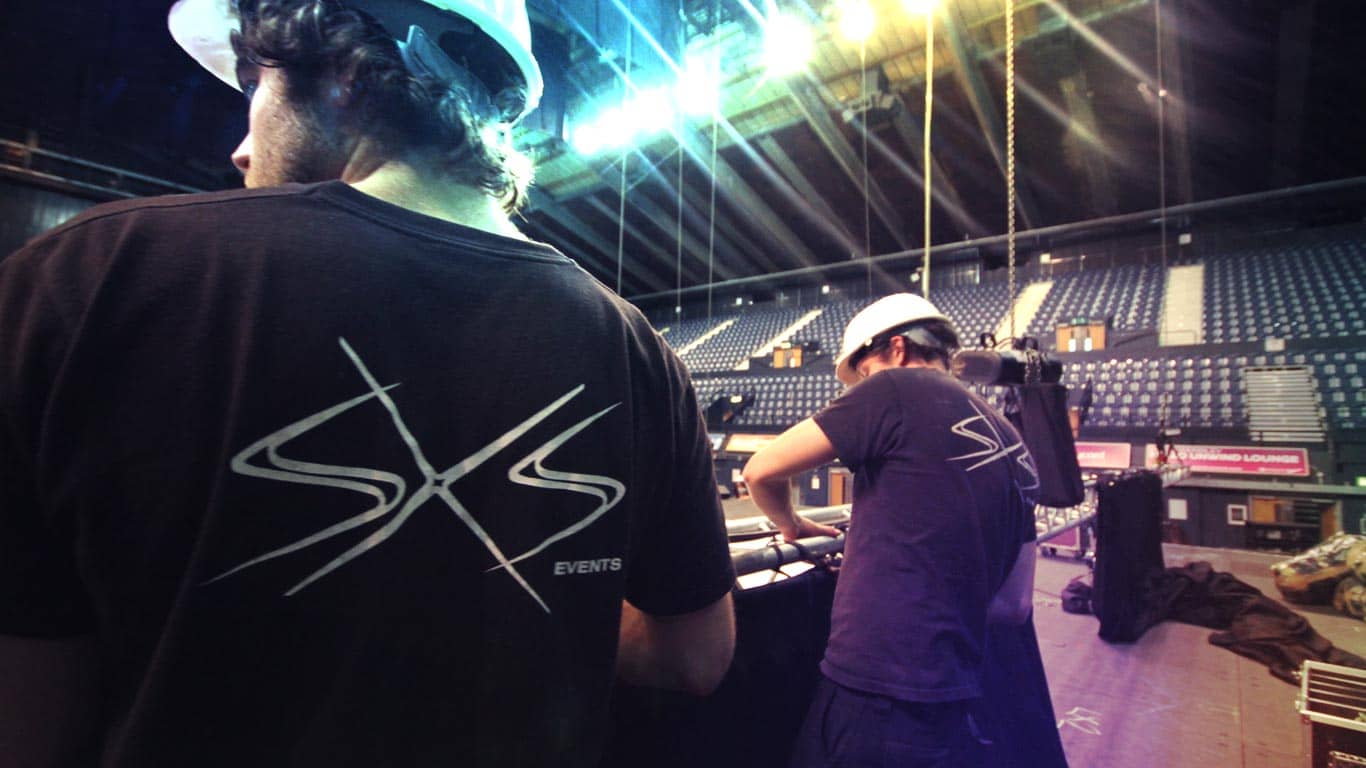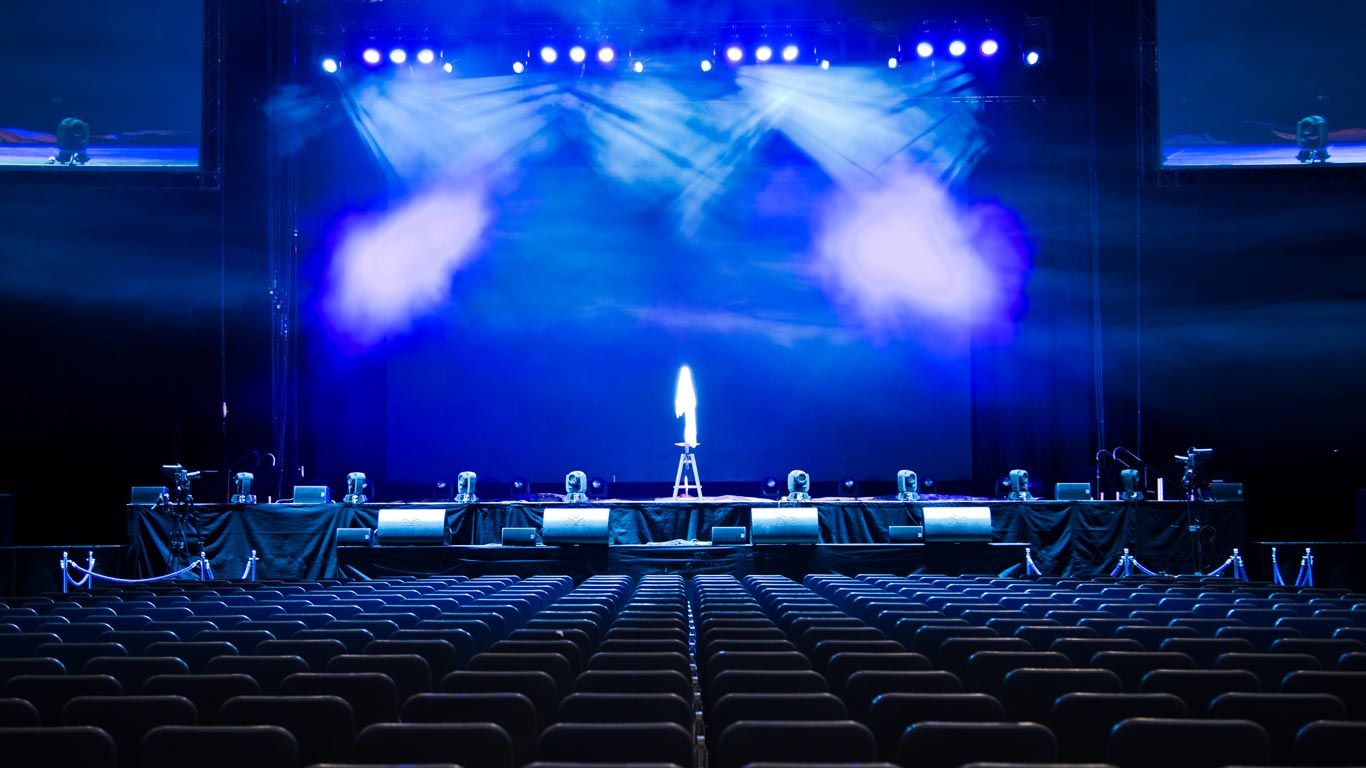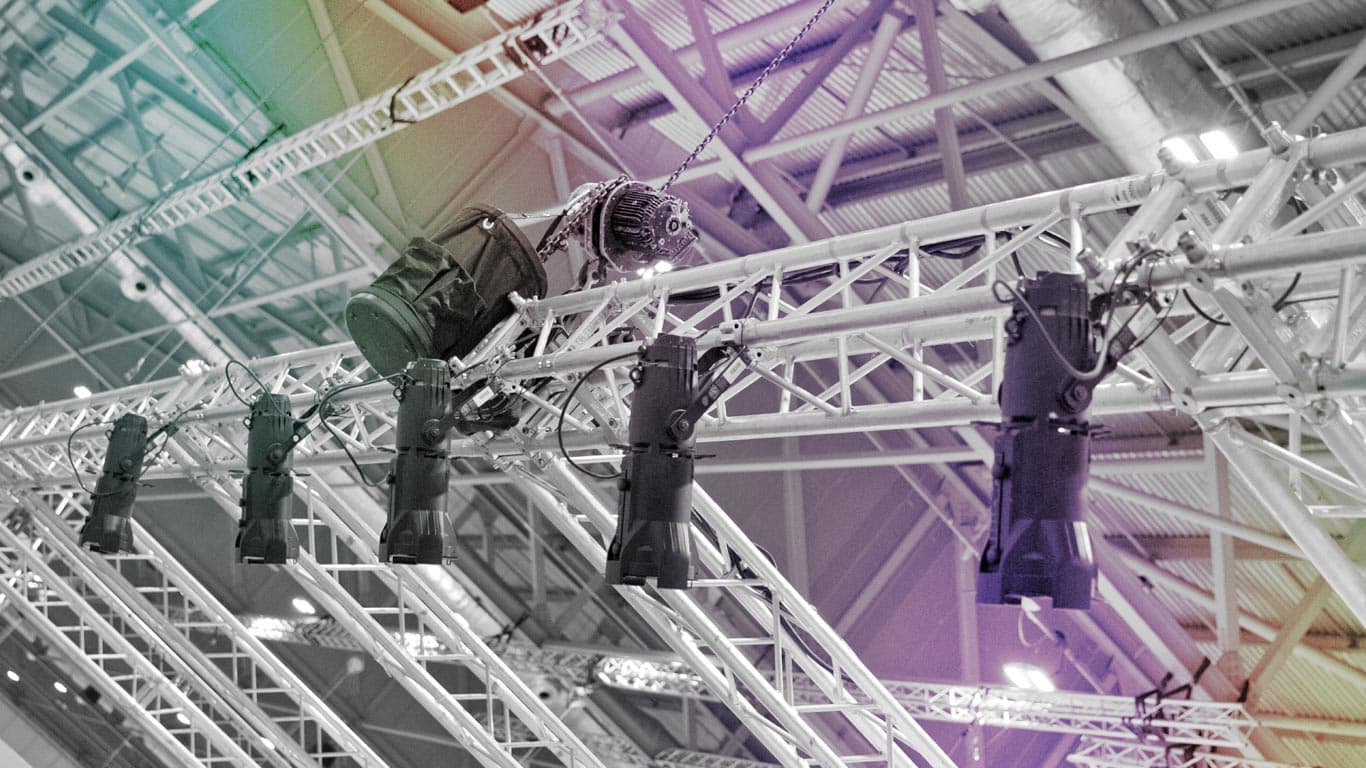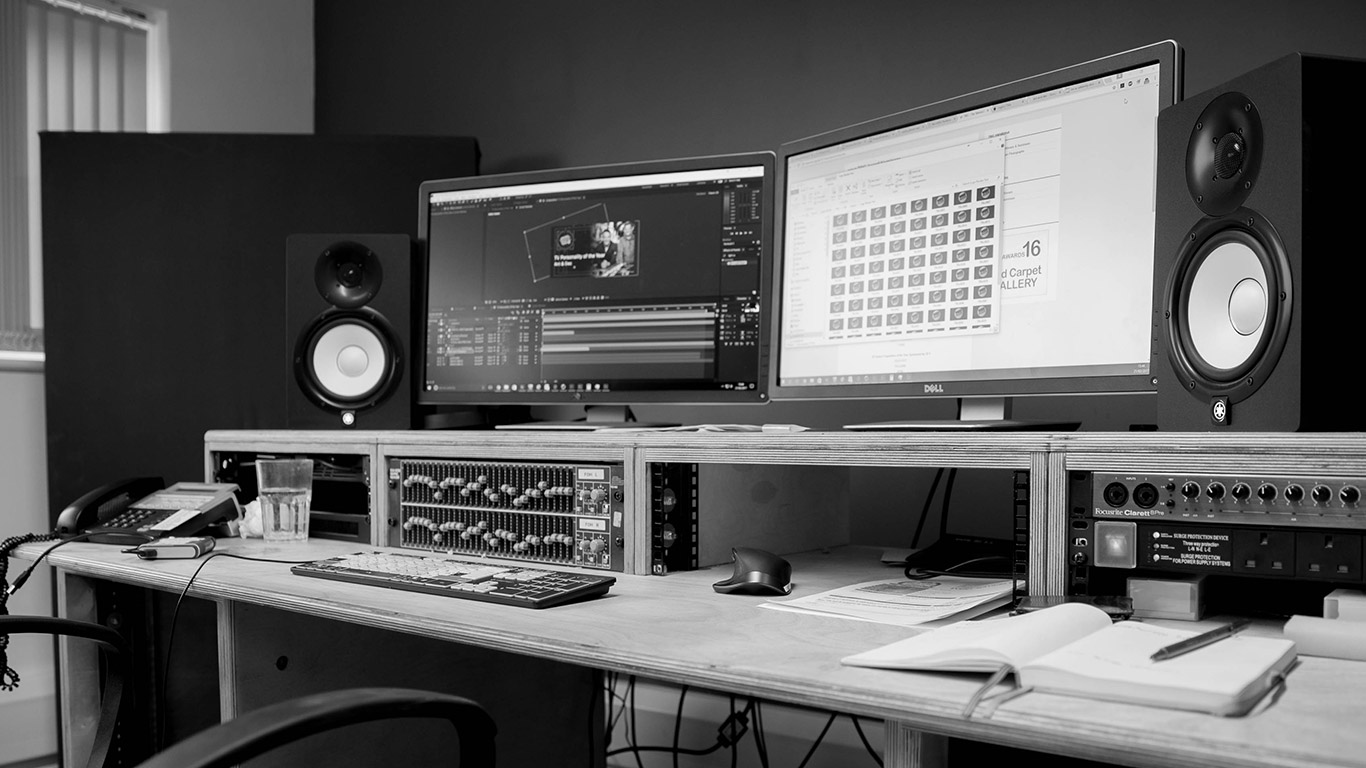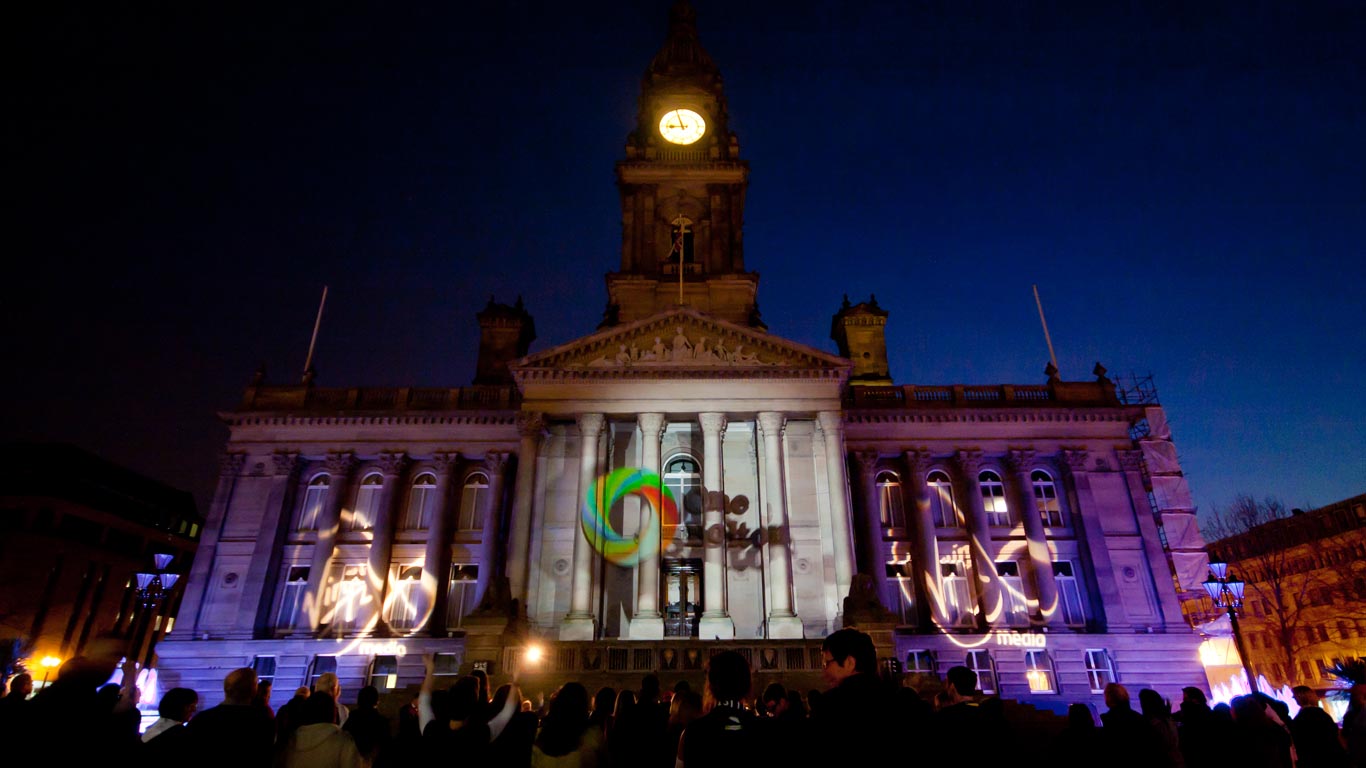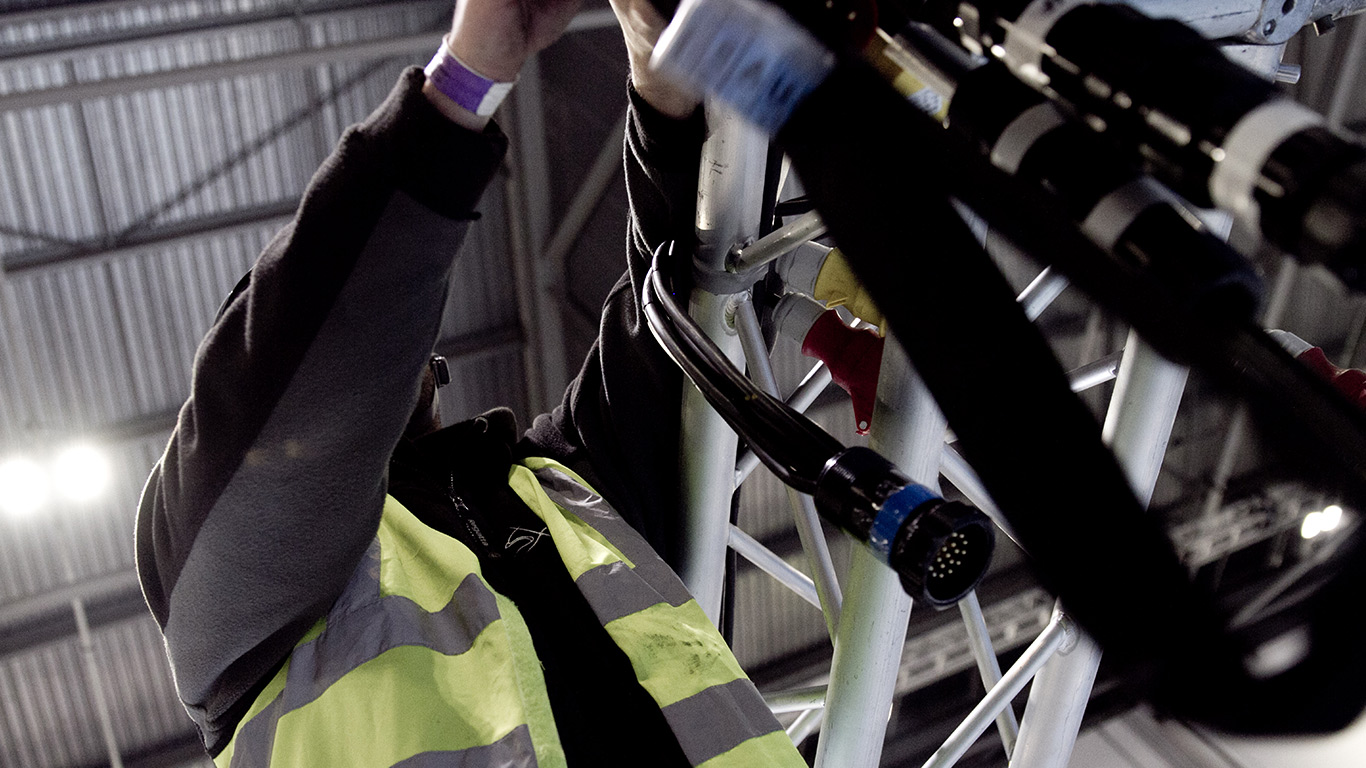How To Get Into Events
How to build a career in events
By Johnny Palmer, Managing Director, SXS Events
Events is one of the most desirable industries to be in right now. Unlike many professions, events are forever changing, every day is different, and there is never a chance to be bored by the work. In a time when many people are stuck in the same environment doing the same repetitive task day in day out, a job in events is a very appealing prospect.
To make it even more desirable, an event professional is often working in and even creating beautiful environments with talented people. Opportunities for working with famous people, trying exciting food and travelling the world are also a reality for the successful events professional. All while getting paid.
In my career I have designed and built lighting systems in forests, travelled the world to places like the French Alps, the Algarve and throughout Europe. The people I have worked with have been inspiring, colourful and from all walks of life and some of the food, drink and entertainment I have experienced has been awe-inspiring.
The events industry encapsulates a wide range of skills including creative design, technical design, people skills, salesmanship and commercial awareness. To reach the top of the game in the events industry requires you to have at the very least a basic understanding of all of these, as well as an in depth understanding of at least one.
For the right type of person this can be the dream job. It can be job you can be proud of. You will never feel like you are in a dull job.
So how do you get a job is this utopic world?
First things first. While all of the above is true for the seasoned professional, achieving these things takes a long time and also has downsides, no matter what level you are at including:
- Unsociable hours
- Late nights (sometimes no sleep at all)
- Working in often harsh environments
- High levels of responsibility
- Difficulties having a "normal" social life
- Difficulty balancing family life
- High physical demands
- Mental exhaustion
If any of the above scare you, it is best to get back to your old job. If not, read on.
So what do you need?
This is the important part of my article as it is about what you need to do to get into this world. I want you to read this and then have a clear idea of what to do next.
The reality of employment
This is not something they teach at school or university. For you to be paid a salary by a company, your work has to make that company many, many times the cost of your salary. While this is obvious for someone in a 'sales' or 'business development' role, it applies just as much to any other role. So if you want to achieve a salary of, say £20,000, you will need to be helping the company to bring in at least £50,000 and possibly up to £200,000 just to pay you!
If, for example, you want to work as a technician and earn £15,000, you will realistically need to do one or more of the following to a total minimum of £30,000:
- save the company that value
- bring in sales to that value (unlikely in the role)
- allow the company to do that value of extra work that it would not have been able to do without you
Think about this for a moment: just to cover your wages you need to bring in for the company, or save the company, at least £30,000 from the activities you do in your normal working hours. That is £600 a week, or almost £100 a day.
The big question you need to ask yourself is: "How am I going to do this for my employer so that they can justify paying me?€ Be honest with yourself.
When I am interviewing someone for a role I ask myself "can this person add enough value to the company to pay their wages, cover overheads, and leave some left to improve the company?"
Hygiene Factors
This is a really interesting concept. A 'hygiene factor' is basically something that, if missing is a massive problem and very obvious. But if it is present no one will notice it. A few examples of hygiene factors are:
- Water - most of us are not grateful for water, but we would be very unhappy if we didn't get any for a week!
- Mobile phones working - we expect this, but if it doesn't we get really angry.
- Toilets at a restaurant - you figure it out.
In the case of getting a job you first need to sort out the hygiene factors of your employability. These are things that if lacking, will put an instant stop on your ability to get a job - however having them will not necessarily mean you get a job.These include:
- Speaking well
- Reading instructions and guidance
- Spelling and grammar (more on this later)
- Being polite and respectful to others
- Good personal hygiene
- Being neat and presentable
- Punctuality
- Reliability
- Basic numeracy
Now, be honest with yourself: do you fulfill all of these? Really think hard about this. If someone walks into my office for an interview and fails on any one of these, I do not care how creative/talented/friendly/hard-working they are, they are less likely to get a job. Even harsher is the fact that, if someone fails on one of these when submitting a CV, they may not even get an interview in the first place.
Any decent events company gets a lot of CVs through the door. We are looking to filter out the poor ones. To dothis we are actively looking for failures to fulfil these hygiene factors so that we can hit the DEL button.
Value Adding Skills
Now back to how you are going to help your employer justify your salary. To do this you need skills that 'add value' to the company. Adding value is anything that encourages a customer to spend more with a company, or encourages that customer to stay with that company.
These skills vary depending on the career path you want to take. But in events I would say that ALL of the following are things that EVERYONE in events should have some knowledge of (in no order):
- Use of a CAD package (there are several)
- Catering methods and team structures
- Main types of food service
- Video signal types
- Video format types
- Connector types for power, video, lighting etc
- The main types of marquees and their benefits and limitations
- Licensing laws
- What a rider is
- Basics of microphone types
- Basics of types of lighting
- Types of rigging
- Colours - Pantone, RGB, gel references
- Graphics - ESP, Vector, raster, JPG, Gif
- Use of Photoshop
- Use of Illustrator
- Use of Excel
- Basic photography skills
- Basic videography skills
- Use of databases for mail merges and filtering
Some people might say "but I am a creative designer, why do I need to know about licensing?" Or "I am a chef, what does rigging matter to me?"
To the creative designer I would say: "when you are sitting down in a production meeting and the fire officer asks whether you are using NDFR fabrics, as this is part of the licensing conditions, are you going to be able to give a straight answer? Or are you going to a) make up something and look like a fool or b) ask what NDFR means and look incompetent?€
To the Chef I would say: "If you don't know anything about rigging you will get very frustrated, and conflicts may ensue if a rigger is seen moving tables to get truss into position. If you know about rigging and the rigger appreciated your challenges, a quick and polite chat could avoid these issues."
Make Everyone's Life Easier.
The first thing that is taught in management school is 'management exists when there is more work than one person can do'. To take this further 'your job is to make everyone else's life easier'. Further still we could say 'if you are not making other people's work easier, you don't have a job'.
This especially applies to people who are junior in the industry. Do everything you can to make the life of others easier. This can include, but is not limited to:
- Be pleasant to everyone in the workplace
- Make sure that all the jobs you do are completed
- Tidy up after yourself
- Tidy up after others
- Always keep busy - if there is nothing to do, tidy
- Lend a hand when you see someone struggling
- Use your initiative - think of things to do
- Ask if other people need help
- Create new jobs - look for new tasks that no one else does - just because no one does them, does not mean they do not need doing
Get Experience
No amount of training or reading articles like this one prepares you for the real world of work. To succeed you MUST have a lot of experience, and a wide range of experience. Helping out with your local theatre is great, as is working on a charity fundraiser. But if you keep doing the same thing again and again you are only getting a narrow set of experience.
Do not confuse "10 years of experience" with "a year's experience, ten times over". The difference here is that the former shows constant learning and development. The second one shows a narrow set of experience repeated over and over.
How to get experience
This is a hard one. The first thing to realise is that if you make mistakes in your work it could cost your employer a lot in financial or reputation terms. As such an employer is always taking a risk with new people. Here are a few ways of gaining experience:
- 1. Work for free - by being unpaid an employer does not need to see a high level of productivity to justify your wages. Do this by writing a simple and to the point email to as many companies as you can.
- 2. Don't be fussy - every company has something to offer and their own unique experience and skills. By realising this, you will gain experience in a wider range of companies which gives you a better overview.
- 3. No such thing as bad experience - try and get whatever you can. Even if a company is not good at what they do, or you don't like the work, it will help to refine where you want to be.
- 4. Look for companies with work experience programs - many companies are keen to encourage young event professionals and offer unpaid work experience. Look for these and try and get some work with them.
- 5. Do a placement/internship - if you can afford to, try and do a full-year placement with a company. Some of the best staff we have initially started on work placements. Placements are great as the reduced labour cost of an intern means the company can give opportunities to people it might not otherwise be able to.
- 6. Learn unique skills - by learning skills that are rare, you become more valuable. See the list above. In particular I feel that 3D design and visualisation skills are lacking across the board in the industry.
Never think you are an expert! Anyone who thinks they are an expert almost definitely is not one. As soon as you think you are expert you are likely to stop learning.
Further Reading:
In terms of learning from here in, the below is a good place to start:

















